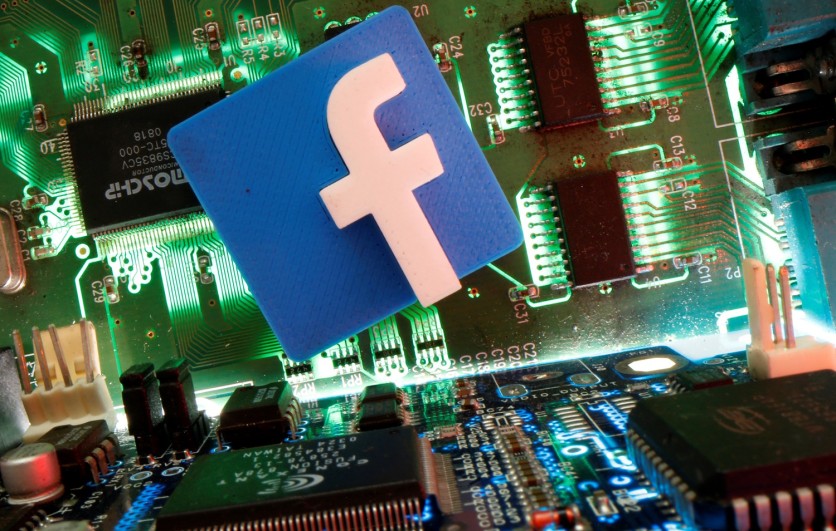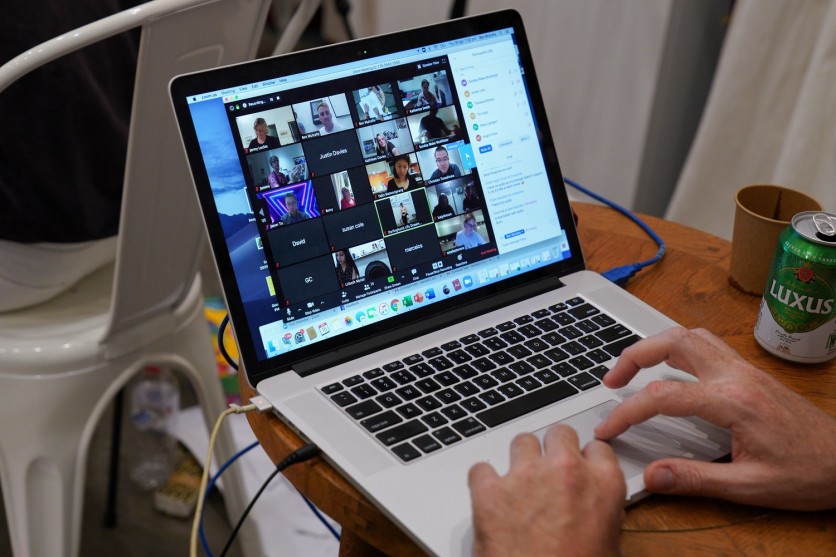Facebook has rolled out a new platform that will allow video calling with up to 50 people. Still, skeptics are worried whether it is safe to use, especially with security and privacy issues hounding other teleconferencing platforms like Zoom.
From 8 participants on the current Messenger video calls, Facebook will be increasing the maximum number of participants to 50 once Messenger Rooms is fully functioning.

With the current coronavirus pandemic that affects the whole world, "Facebook felt the demand for real-time video," Facebook said in a statement.
In March, over 700 million accounts made daily calls while video calling on Messenger and WhatsApp. Facebook Live and Instagram Live views have also increased significantly.
Messenger Rooms will be available in some countries this week. It will then expand to other areas in the coming weeks.
Once it's fully operational, rooms can accommodate up to 50 people with no time limit, although the soft launch allows much less than that. It is easily accessible through Messenger or Facebook, and people who have no Facebook account can even join the call.
This will directly compete with the other video chatting apps like Skype and Zoom. Although its user capacity is less than the two that can accommodate up 100 participants in one call, Messenger Rooms' scope is more than Houseparty, which only allows eight users at once.
Messenger Rooms: Is it safe?
In the global teleconferencing landscape, Zoom is the primary competitor of Facebook's video chat. However, Zoom's issues in security and privacy has raised questions on the company's haphazard default security settings.

On the other hand, Facebook has a "long history of both alarming vulnerabilities and bugs in some of its messaging products and deliberate design decisions that allow it to collect large amounts of data about who is talking to whom."
Messenger Rooms has no limit on the call length, unlike Zoom's 40-minute maximum. However, anyone can join the call, even those without Facebook accounts. This would pose greater risks, depending on how this feature will be employed, and if Facebook will implement security checks.
The Verge has reported that Messenger Rooms will not feature "end-to-end encryption" and Facebook promises not to "spy on calls".
Meanwhile, Facebook has a habit of absorbing features of its competitors after they become popular. This is the case for Houseparty and Bonfire. The latter eventually closed down last year but transferred most of its functions to Instagram and Messenger.
CEO Mark Zuckerberg told the Verge that video presence is not new for Facebook. "But it's an area that we want to go deeper in... we're shifting more resources in the company to focus on private communication and private social platforms, rather than just the traditional broader ones," Zuckerberg said.
Meanwhile, according to CNBC, Zoom's stock was up by about 3% but later fell by 5% when news about Messenger Rooms was released.
Read also: Is Apple and Google Sure on Shutting Down COVID-19 Tracking Tools When Coronavirus Ends?
ⓒ 2025 TECHTIMES.com All rights reserved. Do not reproduce without permission.




